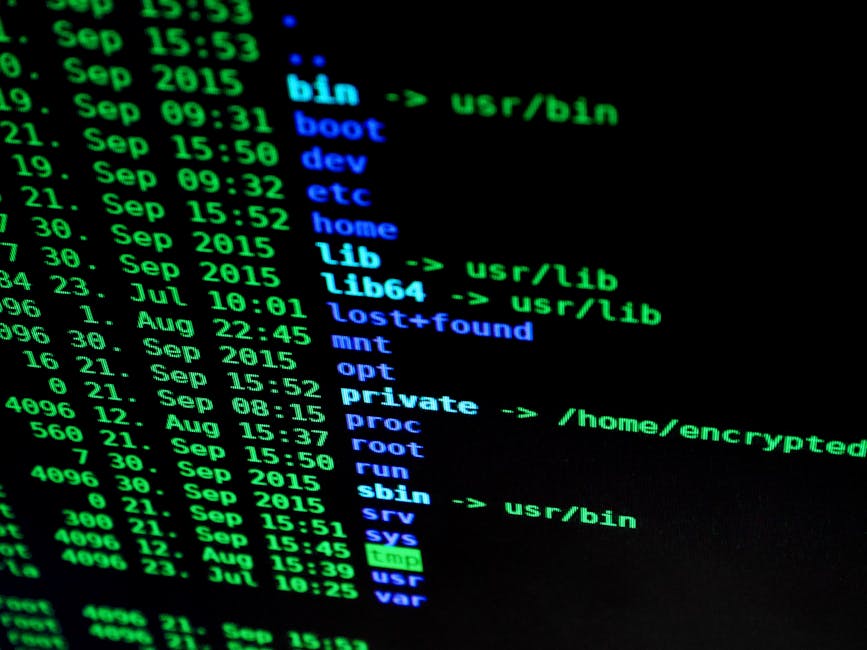
Cybersecurity insurance is now a business essential in India. Discover 7 compelling reasons why every company must invest in it to protect against cyber attacks, ransomware, and financial losses in 2025.
Why Cybersecurity Insurance Matters More Than Ever
In 2025, the digital economy is at the heart of almost every business in India — from manufacturing units in Gujarat to IT companies in Bengaluru. But as technology advances, so do cyber threats. Ransomware gangs, phishing scams, and data breaches are no longer rare — they are daily realities.
The financial and reputational damage caused by cyber incidents can be devastating. A single ransomware attack can cost a small or medium-sized business anywhere between ₹20 lakh and ₹2 crore. Without the right protection, recovery can be slow, costly, and sometimes impossible.
This is where Cybersecurity Insurance steps in. It acts as a safety net, covering financial losses, legal liabilities, and even reputational damage after a cyber incident.
What Is Cybersecurity Insurance?
Cybersecurity insurance (also called cyber liability insurance) is a specialized policy that helps businesses manage the financial consequences of cyber attacks, data breaches, and other digital risks.
In simple terms — it’s like fire insurance, but for your data and IT systems. When hackers strike or systems fail due to malicious activity, your insurer covers the costs of recovery, investigation, legal action, and more.
What Does Cybersecurity Insurance Cover?
While coverage can vary depending on the insurer and the policy type, most Cybersecurity Insurance plans include:
- Incident Response
- Covers the cost of investigating and containing a cyber attack.
- Pays for IT forensic analysis, crisis management, and customer notification.
- Data Recovery and Restoration
- Restores lost or corrupted data.
- Repairs or replaces damaged IT systems.
- Legal and Regulatory Costs
- Covers legal fees, fines, and penalties from regulators like CERT-In.
- Includes costs from privacy lawsuits.
- Business Interruption Losses
- Compensates for revenue losses when operations are halted due to a cyber attack.
- Covers temporary outsourcing costs to keep business running.
- Ransomware and Cyber Extortion
- Pays ransom (if permitted by law and deemed necessary).
- Includes expert negotiators to deal with attackers.
- Third-Party Liability Protection
- Covers damages from lawsuits filed by customers, vendors, or partners affected by your cyber breach.
- Reputation Management & PR
- Funds PR campaigns to restore public trust.
- Covers crisis communication services.

Why Cybersecurity Insurance Is Becoming Non-Negotiable
Cybercrime in India is growing at an alarming rate. Here are some updated figures from 2024–25:
- Ransomware attacks: Global damages estimated at over ₹1.65 lakh crore.
- Data breaches: 5+ billion records exposed worldwide.
- Phishing scams: 78% of Indian organisations targeted in the last 12 months.
- Business Email Compromise (BEC): Average loss per incident in India is around ₹40 lakh.
These numbers are not just statistics — they represent real financial and operational risks. Even a single incident can cripple a company’s finances, brand reputation, and customer trust.
7 Reasons to Get Cybersecurity Insurance in 2025
- Protection Against Financial Loss
- Cyber incidents can cause massive financial damage — from ransom payments to lost revenue. Insurance ensures you don’t bear the full brunt.
- Regulatory Compliance Support
- With Indian data protection laws tightening, penalties for breaches are increasing. Insurance helps you stay compliant and covers related fines.
- Crisis Management Assistance
- Insurers often provide access to cybersecurity experts, PR teams, and legal advisors during an incident.
- Business Continuity Assurance
- Even after a major attack, you can resume operations faster with financial backing.
- Vendor & Client Confidence
- Having cyber insurance signals that you take data security seriously — a plus point for contracts and partnerships.
- Coverage for New-Age Risks
- Modern policies cover AI-driven phishing attacks, cloud data breaches, and IoT device hacks.
- Peace of Mind
- Knowing that you have a financial safety net lets you focus on business growth without constant fear of cyber threats.
How to Choose the Right Cybersecurity Insurance Policy
When selecting a policy, consider:
- Coverage Limits: Match limits to your risk exposure. A ₹1 crore limit might be insufficient for large operations.
- Exclusions: Understand what is not covered (e.g., employee negligence in some policies).
- Industry-Specific Needs: IT, healthcare, and finance sectors have unique risks.
- Incident Response Services: Ensure your insurer offers expert support during an attack.
- Premiums vs. Benefits: Balance cost and comprehensiveness — a cheaper policy may leave dangerous gaps.
Reducing Your Cyber Risk (Beyond Insurance)
Cybersecurity insurance is a financial safety net, but prevention is still the best strategy. Businesses should adopt:
- Multi-Factor Authentication (MFA): Stops most unauthorized logins.
- Regular Software Updates: Closes security loopholes hackers exploit.
- Employee Cybersecurity Training: Reduces phishing success rates.
- Data Encryption: Protects sensitive data from misuse.
- Annual Cybersecurity Audits: Finds and fixes vulnerabilities before attackers do.
The Bottom Line
In 2025, Cybersecurity Insurance is not an optional extra — it’s a must-have shield for Indian businesses of all sizes. The cost of a policy is negligible compared to the potential loss from a serious cyber attack.
By combining robust cybersecurity practices with the right insurance policy, you can protect your digital assets, maintain customer trust, and ensure business continuity even after a major incident.
Your next cyber attack isn’t a question of “if” — it’s a question of “when.” Is your business ready?


Meze tasting tour Our English-speaking guide explained everything clearly. http://europesamachar.com/?p=19138